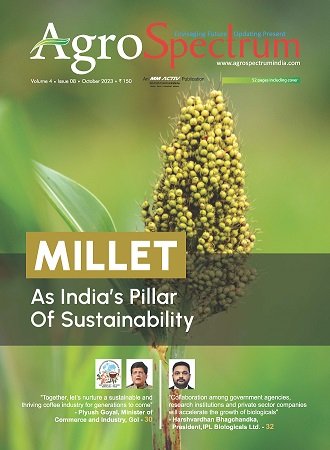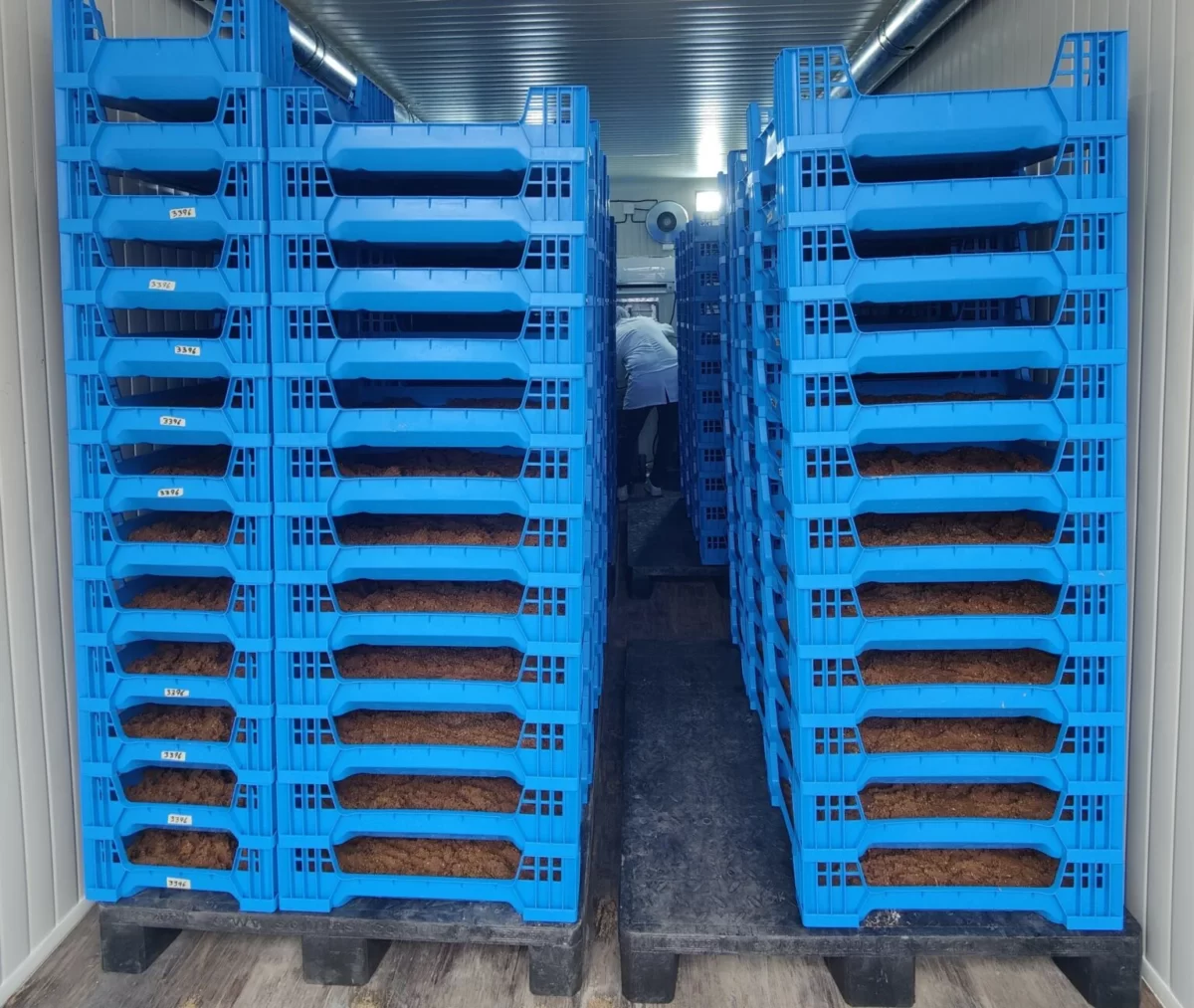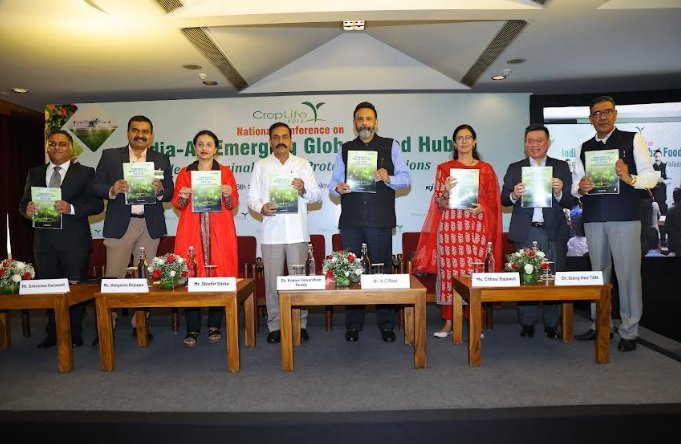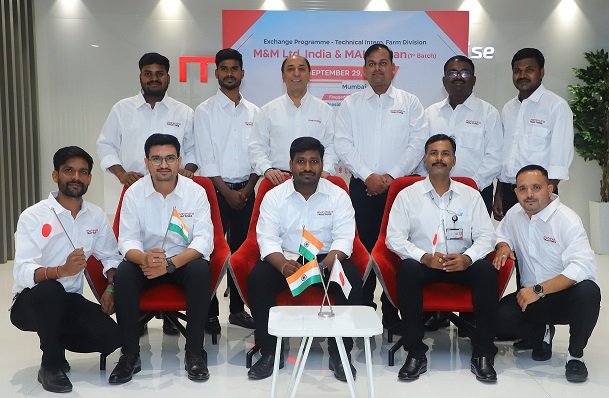Let’s take stock of how impactful the International Year of Millet has been in India so far.
India is the world’s leading producer of millets accounting for over 40 per cent of global production. Andhra Pradesh stood in the first place in the country in millet productivity in 2022, as per the National Bank For Agriculture And Rural Development (NABARD) annual report 2022-23. NABARD has been promoting 22 millet-based farmer producer companies in Andhra Pradesh. These FPCs have nearly 9,970 farmers as members and are engaged in millet-based business activities such as input supply, procurement, providing custom hiring services, and processing and marketing of the millets, among others. In order to provide support to entrepreneurs for recipes and value-added products to promote millet consumption under the International Year of Millet (IYoM) 2023, the Ministry of Agriculture has funded 66 startups with more than Rs 6.25 crore.
A remarkable increase in the number of startups in the millet sector has caught the government’s attention to turn the production and promotion of millet into a mass movement in India and abroad. According to the Agricultural and Processed Food Products Export Development Authority (APEDA), India has witnessed more than 80 startups in the millet sector in the past year and a half. Let’s take stock of how impactful the International Year of Millet has been in India so far.
Plants in the ‘grass’ family are the botanical ancestors of millets. Their history may be traced all the way back to the Indus Valley Civilisation, making them one of the world’s oldest staple foods.
Millets are the crop of the future as they provide the possibility of higher environmental sustainability and economic prosperity as the global agricultural and food production systems continue to cope with the increasing population. A nutritious alternative to wheat and rice, that doesn’t consume excess natural resources including water, millets don’t need extraneous chemical pesticides or fertilisers. Hence, smallholder farmers can afford to grow them. Millets have a stronger nutritional profile than wheat, rice, and maize, the three most widely produced grains in the world. They have a low glycemic index and are high in nutrients like fibre, protein, vitamins, and minerals.
The World Bank states that between 32 and 132 million people in Sub-Saharan Africa and South Asia will be plunged into poverty by 2030. Due to their great heat tolerance, capacity to flourish in water-poor and resource-poor soils, and physiological efficiency as C4 plants, millets are ideally suited to play the role of ‘future crops’ in climate resilient agriculture (CSA).
Sharing the broader picture of the millet world, T R Kesavan, Chairman, FICCI National Agriculture Committee and Group President, TAFE stated, “Millets, often referred to as nutri cereals, stand as a beacon of health, nutrition and sustainability. India, a prominent producer and consumer of millets, has risen to the forefront on the global stage by spearheading the International Year of Millets (IYoM). Millet production in India holds multifaceted importance encompassing nutrition, environment and economics. Suited to diverse conditions, millets offer essential nutrients, manage diabetes, enhance food security, conserve biodiversity and symbolise cultural heritage.”
Elaborating further on the topic, Ravinder Balain, President – South Asia Corteva Agriscience said, “2023 is the International Year of Millets. The government’s efforts in recognising the enormous potential of millets to generate livelihoods, increase farmers’ income and ensure food & nutritional security worldwide were crucial to generating the demand of the ‘Sri Anna’. The Department of Agriculture & Farmers Welfare has taken a proactive multi-stakeholder engagement approach (engaging all the central government ministries, states/UTs, farmers, startups, exporters, retail businesses, hotels, Indian Embassies etc.) to achieve the aim of IYoM 2023 and taking Indian millets globally. India’s ambitious plan to increase millet cultivation, consumption, and doubling farmers’ income is a testament to the government’s effort in increasing millet cultivation through several national and state level schemes targeting millet farmers.”
“India is among the top 5 exporters of millet in the world. According to recent data by Trade Map, world export of millet has increased from $400 million in 2020 to $470 million in 2021. India exported millets worth $75.46 million in 2022-23, compared with $62.95 million in 2021-22. In the past few years and more so in 2023, there has been an increased focus on millet from many startups, large food corporations and other stakeholders in the food chain to bring innovation to this sector with the latest technologies, recipes, and products for domestic and outside consumers. Proactive efforts of the Centre in celebrating IYoM2023 has supported all these efforts from different stakeholders to make Millets a really happening industry,” he added further.
Highlighting more key points, Ajay Bhuwalka, CEO, Urban Monk Pvt. Ltd. said, “Millets are an ancient grain of India and was a staple grain before the green revolution. Most rural parts of the country still consume millet as their staple. We are very confident that millet will definitely find its way back into urban kitchens due to its immense health benefits. Post-COVID, the consciousness of all people to lead a healthy lifestyle has gone up significantly. Thus, we are very confident that millets will be popularised.”
Echoing similar thoughts, Shashi Kant Singh, Partner, Agriculture and Food Sector, PwC India said, “Millions of farmers across the world depend on millets for livelihood, food and nutrition, with a majority of these crops tracing their origins back to Asia and Africa.”
Sharing her views on millet cultivation, S B Anuradha, Owner, Amma’s Taste commented, “Pesticides and fertilisers are unnecessary for growing millet. So, there is essentially no harm done to the flora and fauna. There is no need to use preservatives in order to maintain the quality and freshness of millets and millet products. Increased millet cultivation provides additional organic forage for use by mulching animals. The quantity of milk produced is also expected to rise.”
To read more click on: https://agrospectrumindia.com/e-magazine
Let's take stock of how impactful the














